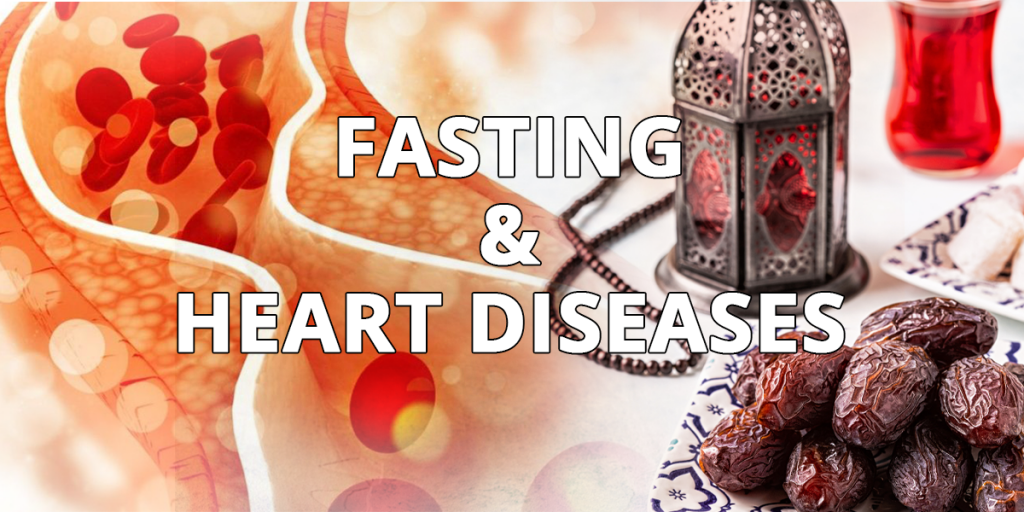Role of Mothers in Islam
As women and girls, we always hear the words “She’s her mothers’ daughter”. Mothers… the people who keep our secrets, our superheroes, our best friends, our biggest support systems, our cheerleaders, our happy place, our comfort zones. Mother’s Day is a day celebrated around the world in appreciation. It was also the day I lost the strongest most influential person in my life, my best friend, my Grandmother.
Traditionally, ‘Mothering Sunday’ originated as a Christian day celebrated in Lent, it was an important day for people to return to their home or ‘mother’ church. It became customary in England for servants and apprentices to be given time off to attend the church where they had been baptized with their families.[1] Over the centuries, the traditions have changed and the concept of ‘Mothering Sunday’ has become a way for mass consumer spending whereby children give their mothers gifts or a day off from housework. However, Islam teaches us that Mother’s Day should be every day.
‘Paradise lies under the feet of Mothers’[2]
That was the first Hadith I learnt at the age of 6, attentively learning how Islam has always taught its believers to respect and obey their mothers in order to attain a high status in the afterlife. The concept behind this small but very heavy Hadith is to educate Muslims that Mother’s Day should be every day and through respect and obedience towards our mothers, we can attain God’s pleasure and a place in heaven.
Abraham Lincoln once said
‘All that I am or ever hope to be, I owe to my angel mother’[3]
Allah says in the Holy Quran
‘And we have enjoined man to be good to his parents. His mother bears him with pain and brings him forth with pain. And the bearing of him and his weaning takes thirty months, till, when he attains his full maturity and reaches the age of forty years, he says, ‘My Lord Grant me the power that I may be grateful for thy favour which thou has bestowed upon me and upon my parents, that I may do such good works as may please thee. And make my seed righteous for me. I do turn to thee; and truly, I am of those who submit to thee’ [46:16][4]
Throughout our childhood up till today, without a doubt, our mothers always put our needs before theirs, they deal with our meltdowns, our tantrums, they wipe our tears and are able to put the biggest smiles on our faces. They know when we were hungry or upset or tired. They’d sacrifice everything for us and do everything in their power to give us all the happiness in the world.
Once a person came to the Holy Prophet of Islam and complained about his mother being ill-tempered, the Holy Prophet responded with
‘She was not ill tempered when she kept you in her womb for nine months. She was not ill tempered when she used to keep awake the whole night for your sake and fed you’[5]
The Holy Quran states
‘The Lord has decreed that you worship none save him alone, and behave beneficently towards parents. If neither or both of them should attain old age while you are alive, say not ‘ugh’ to them, not chide them, and speak kindly to them. Lower to them the wing of humility out of tenderness. and pray: Lord have mercy upon them as they brought me up when I was little’ [17:25][6]
Islam teaches us to show utmost respect to our parents and be grateful towards them in order to please Allah the Almighty. As Muslims, we are obliged to take care of our parents as they did to us when we depended on them, with utmost respect, patience, kindness and affection. As Muslims, we are taught that Mothers have a high status in Islam as paradise lies under their feet, and we are taught to make every day with our mothers special, every day should be Mother’s Day.
Footnote:
[1] A Study of the Origins and Features of Easter | Review of Religions
[2] Hadi, Sheikh Abdul. Basics of Religious Education. UK: Islam International Publications, 2002. (p.100)
[3] Mothers Quotes (665 quotes) (goodreads.com)
[4] The Holy Quran. [46:16]
[5] Treatment of Parents – Islamic Teachings | Islam Ahmadiyya (alislam.org)
[6] The Holy Quran. [17:25]





